
Some of the world’s most valued artworks disappeared without much explanation. In some cases, war played a role. In others, records failed or trust was misplaced. Each loss left behind a gap that history couldn’t quite fill. This list recounts ten notable cases where art went missing.
Rodin’s “Les Bourgeois De Calais” (Glasgow, UK)
Rodin’s “Les Bourgeois De Calais” (Glasgow, UK)
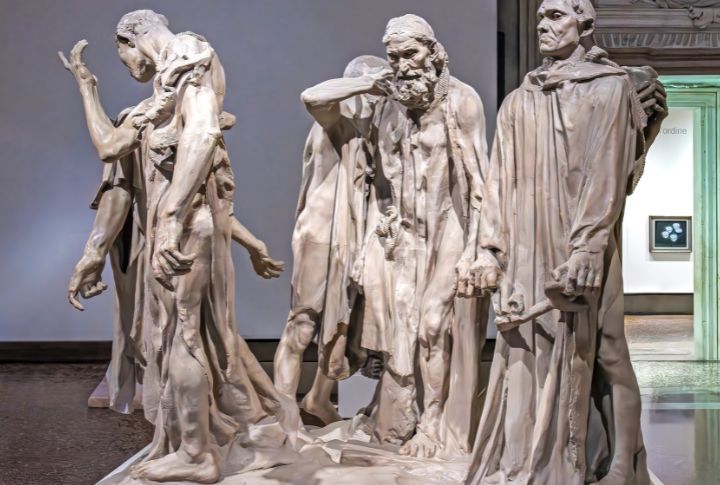
At the Burrell Collection in Glasgow, a bronze sculpture by Auguste Rodin went missing in 2023. It showed six brave men offering their lives during a war long ago. Although it was large and valuable, it disappeared without a trace, and no one ever found the camera footage.
“Youth Of Magdalensberg” (Austria)
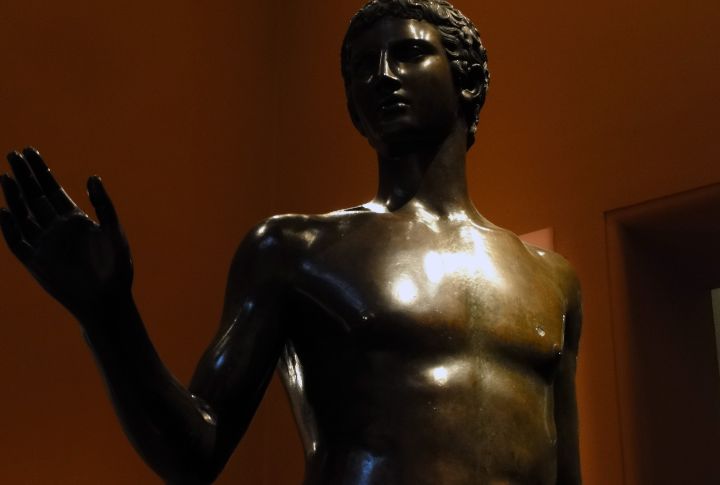
This Roman bronze statue was first found in 1502 and then kept safely in Austria. But sometime around 1810, it disappeared without a record. A copy still resides in Vienna’s museum, and many visitors are unaware that the original is missing. Some think it was melted during a war.
Benin’s “Bronze Plaques” (Nigeria)
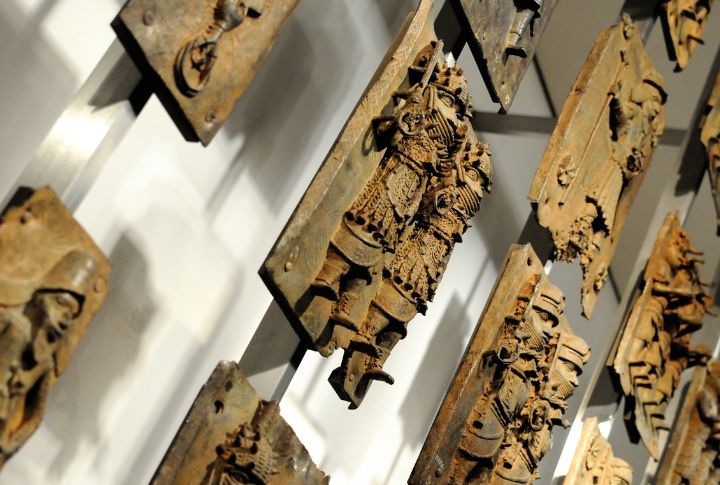
Some special bronze plaques were returned to Nigeria after being taken long ago. But after arriving back, a few vanished again from view. These pieces once decorated a royal palace. With some last spotted in private homes, it’s unclear how they slipped away again.
“The Just Judges” Panel (Ghent Altarpiece, Belgium)
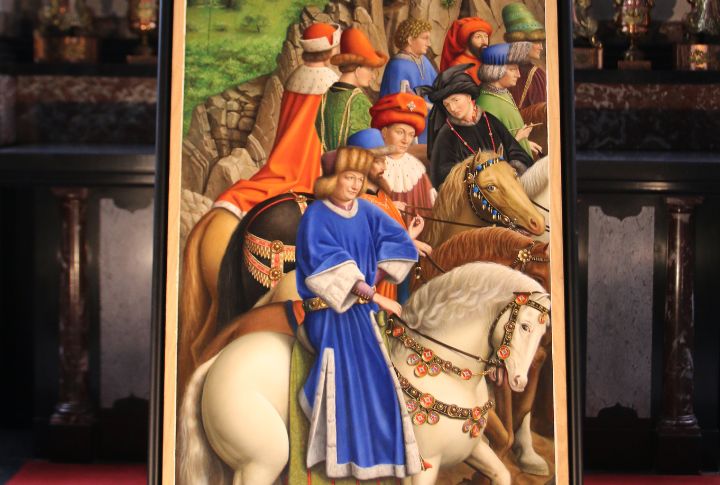
In 1934, the panel showing judges was stolen from the famous Ghent Altarpiece in a Belgian cathedral. Before dying, a man named Arsene Goedertier claimed he knew where it was buried—but he never revealed the location. To this day, a detailed replica stands in its place.
“The Concert” By Vermeer (Isabella Stewart Gardner Museum, USA)
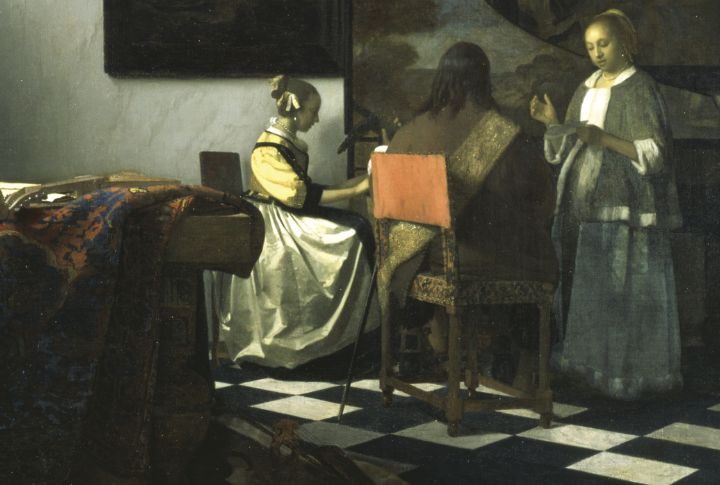
Disguised as police officers, thieves pulled off a major heist in 1990 at the Isabella Stewart Gardner Museum, stealing Vermeer’s “The Concert,” among other works. They left behind empty frames as eerie reminders. Despite a large reward, the painting’s whereabouts remain a mystery.
“Head Of A King” (Ife, Nigeria)
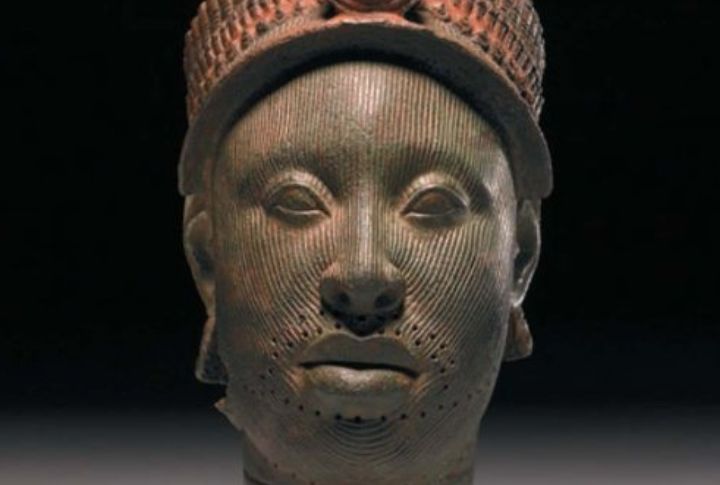
In the 1980s, a Nigerian museum reported the disappearance of a bronze sculpture called the “Head of a King.” Created in Ife around the 12th century, it belonged to a celebrated group of ancient artworks. Accounts suggest it was smuggled to Europe, hidden inside concealed shipping containers.
“Bust Of Napoleon” By Antonio Canova (Chateau De Compiegne, France)
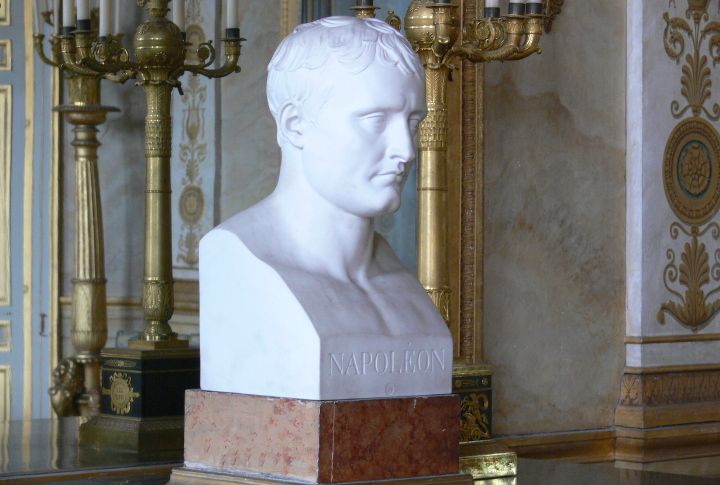
Initially sculpted by Canova to commemorate Napoleon, this marble bust went missing from a French museum during WWII. Though a comparable piece resides at the Louvre, many mistake it for the original. Some sources suggest that it was smuggled into Switzerland in 1940 and never resurfaced.
“Portrait Of A Young Man” By Raphael (Poland)
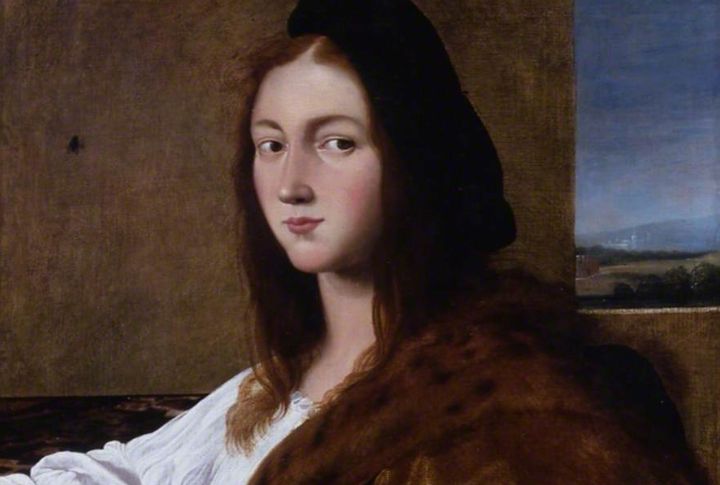
This Renaissance masterpiece vanished during World War II after being seized by Nazi forces from the Czartoryski Museum in Krakow. Believed to be a self-portrait, it was last seen in the hands of Nazi governor Hans Frank. Despite decades of searching, its fate remains unknown.
“The Laughing Buddha” (Shanghai Museum, China)
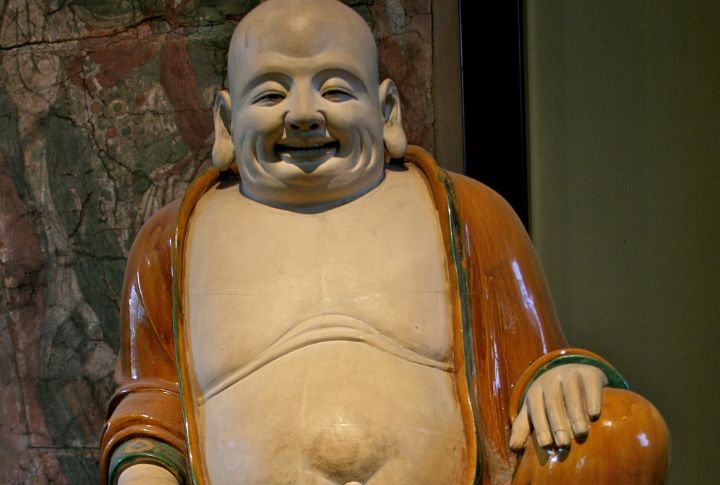
During a 2002 museum renovation in Shanghai, a bronze statue of a cheerful Buddha disappeared. It came from the Ming Dynasty and was a favorite of visitors. After it went missing, the video recordings were erased, leading many to suspect an inside job.
Seated Scribe Replica (Cairo, Egypt)
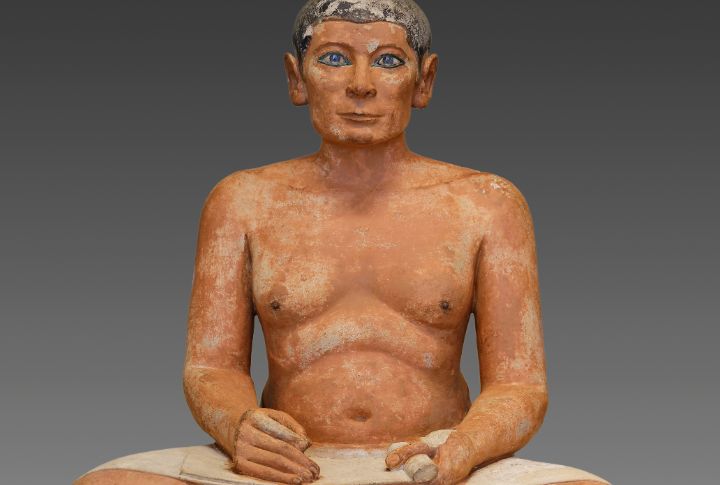
Inventory confusion in the 1980s led to the theft of a museum-grade replica of the Seated Scribe from the Egyptian Museum in Cairo. Mistaken for the original, the replica quietly disappeared and never recovered. Meanwhile, the genuine artifact remains safe, though visitors still debate which version is displayed.

